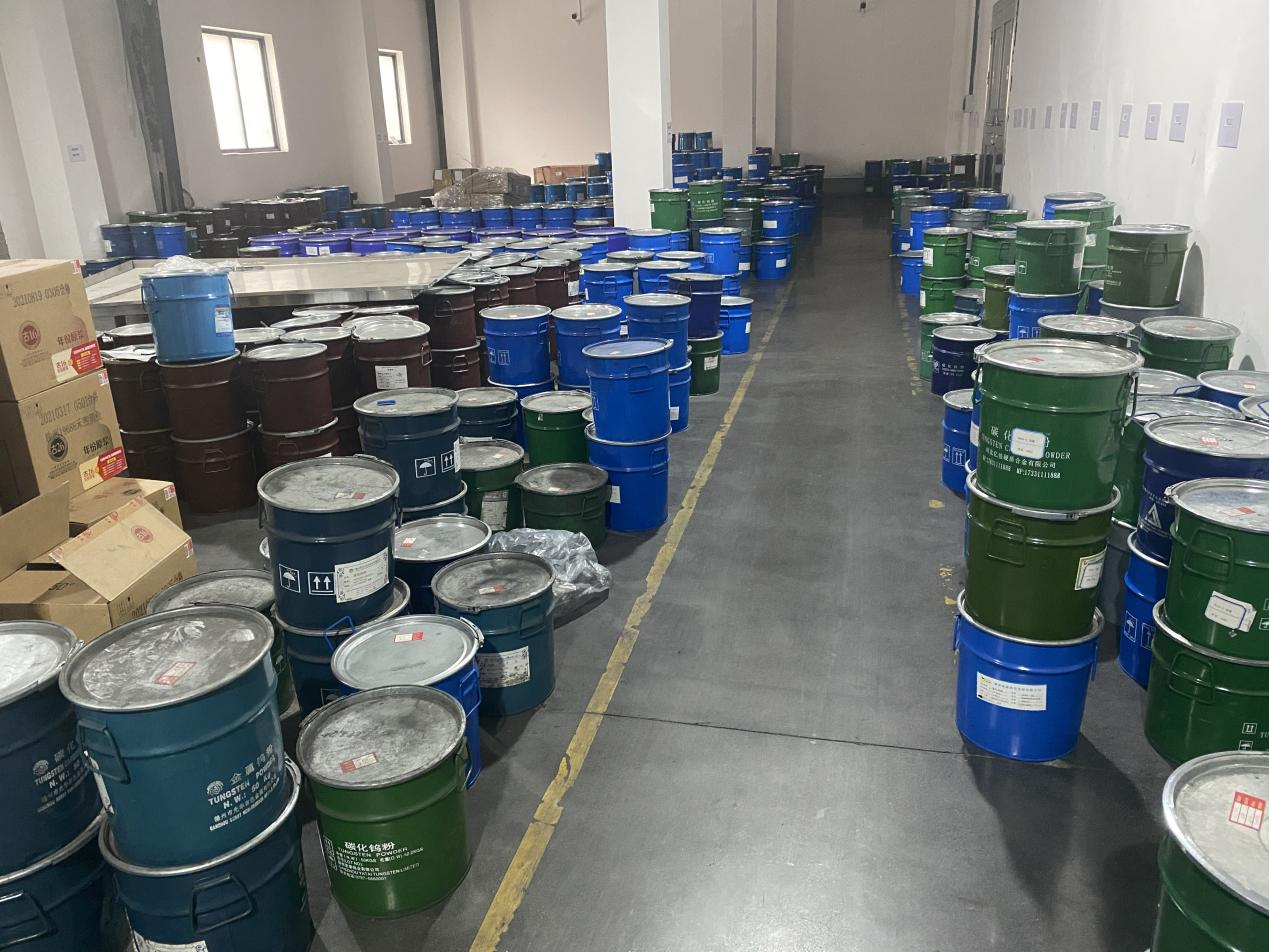Recently, "power curtailment" has become the topic of most concern to everyone. Many places across the country have cut off power and most factories have been forced to suspend production due to the impact of power curtailment. The tide of "power outages" was caught by surprise, which made many factories unprepared.
As a small and large-scale manufacturer of cemented carbide in Zhuzhou, Chuangrui has also been affected by power cuts. In the face of the urgent delivery time of customers, the company adjusted production shifts, rented generators and other measures to deal with it, but it still caused an inevitable delay in the production and processing of products.
It is understood that since September 22, many provinces have started a wave of power cuts and shutdowns. In Shaoxing, a major textile town in Zhejiang, 161 printing, dyeing, and chemical fiber enterprises have been notified to suspend production until the end of the month. More than 1,000 enterprises in Jiangsu "open two and stop two" and Guangdong "open two and stop five", and only keep less than 15% of the total load. Yunnan yellow phosphorus and industrial silicon have cut production by 90%, while Liaoning Province has cut power outages in 14 cities.
Power cuts and production stoppages are sweeping across many provinces including Jiangsu, Zhejiang, Shandong, Guangxi, Yunnan, etc. From the initial opening of five stops and two, gradually increased to four and three, and some places even notified the opening of Three stop four.
Such a large-scale power cut is the first time in recent years.
So, why switch off the power supply?
The editor of Chuangrui learned that the main reason for the power cut is the lack of power supply, and the lack of power supply is because the price of coal, the bulk of the power generation has risen sharply. The more the power plant produces, the greater the loss.
my country is a major importer of coal. In the past, coal was mainly imported from Australia. This year, the total coal imported from Australia by the end of July was only 780,000 tons, a sharp drop of 98.6% compared with 56.8 million tons in the same period last year.
Another reason is that, at the Fifth Plenary Session of the 18th Central Committee, it was proposed to implement the "double control" action of total energy consumption and intensity, referred to as double control of energy consumption. After the completion of the "dual control" target in the first half of this year was released, all localities have accelerated the "dual control" measures of energy consumption, in order to "catch up on work".
The power cut has a huge impact on the grinding of cemented carbide, and the price of abrasives has been raised.
Under the influence of stricter "dual control" measures, the production capacity of tungsten carbide will be greatly reduced. It is expected that power and production restrictions in various places will continue to have an impact on the supply side, inventory will continue to decline, and tungsten carbide prices are expected to rise further.
Affected by domestic policies related to large-scale production and electricity curtailment, the tight prices of raw and auxiliary materials, coupled with the high level of overseas inflation, stimulated the market to bottom out and rebound, and domestic tungsten prices rose steadily.
This means that many mid- and downstream product companies will face the dual difficulties of rising raw materials and declining production capacity.
As soon as the raw materials rise, the manufacturing cost will rise. In addition to the influence of the policy of capping electricity and limiting production, production suspension and reduction of production capacity may become the main response methods for product enterprises in the abrasives industry.
At the same time, in order to reduce production costs and strive to obtain higher gross profit margins, product prices have to be increased, or a new round of "price increases" will be ushered in.


Post time: May-30-2023






